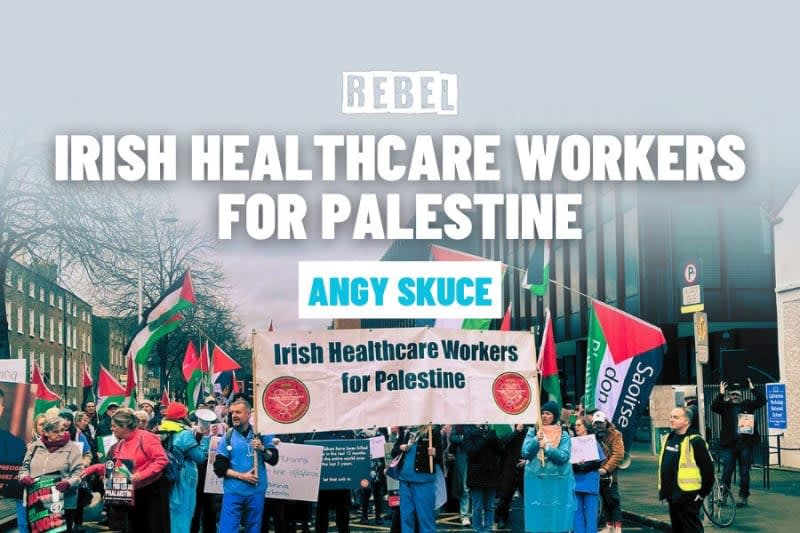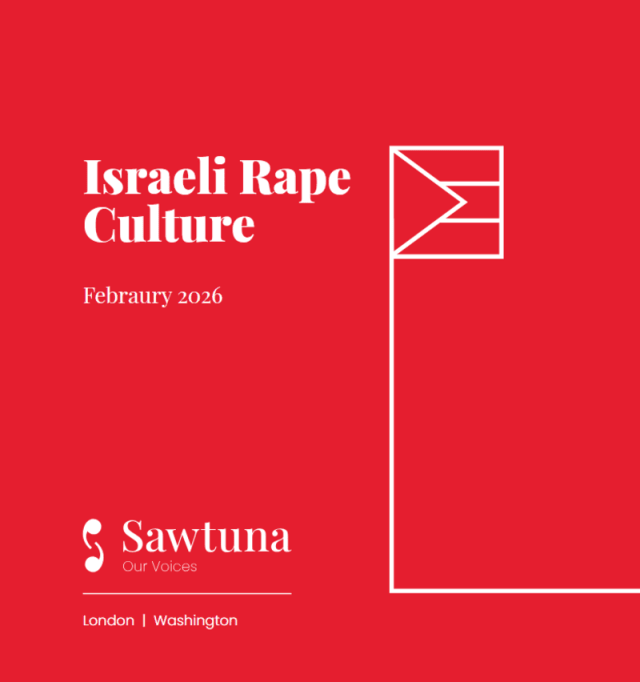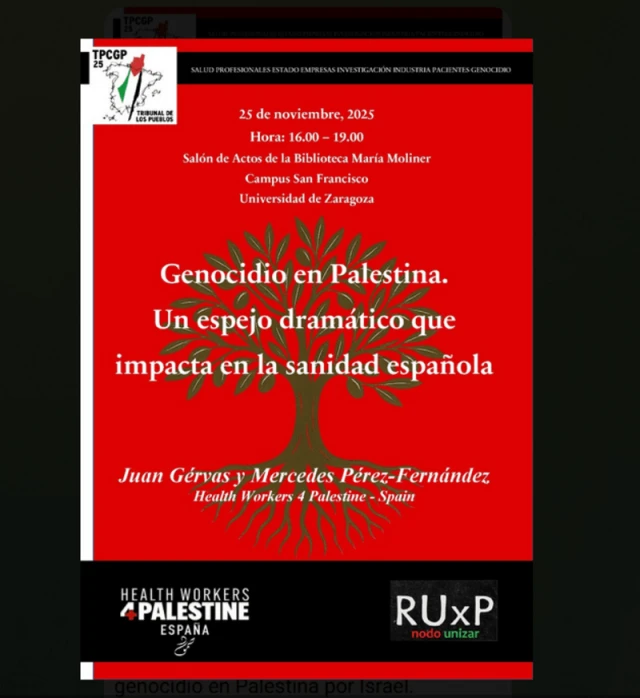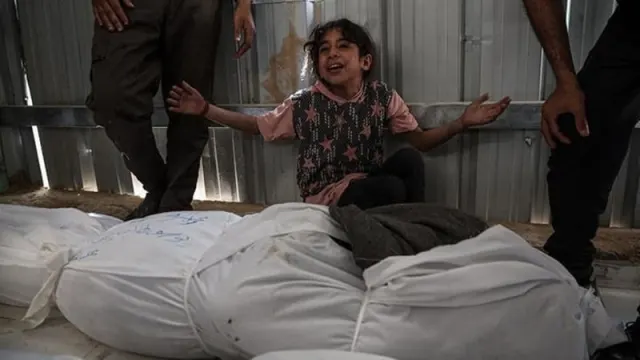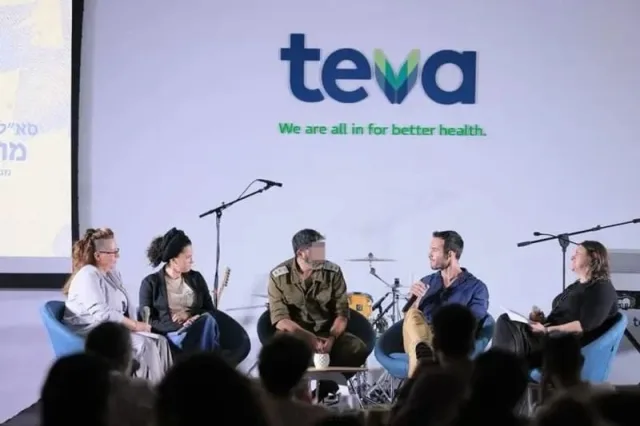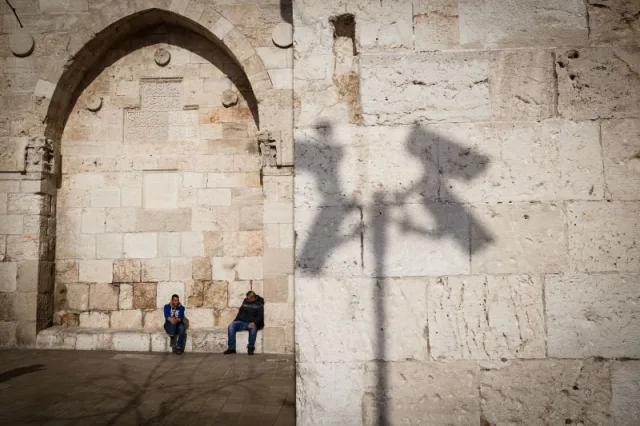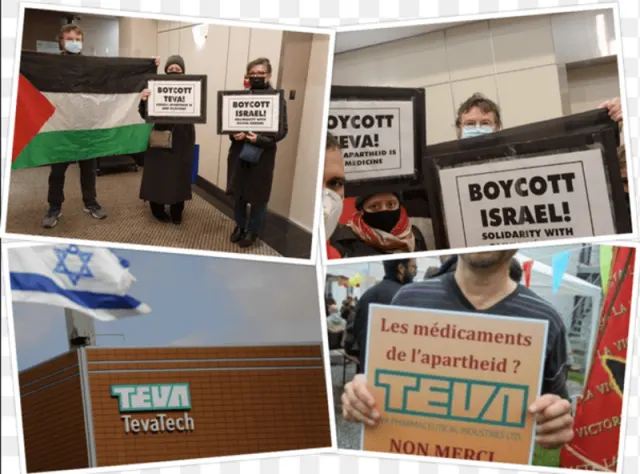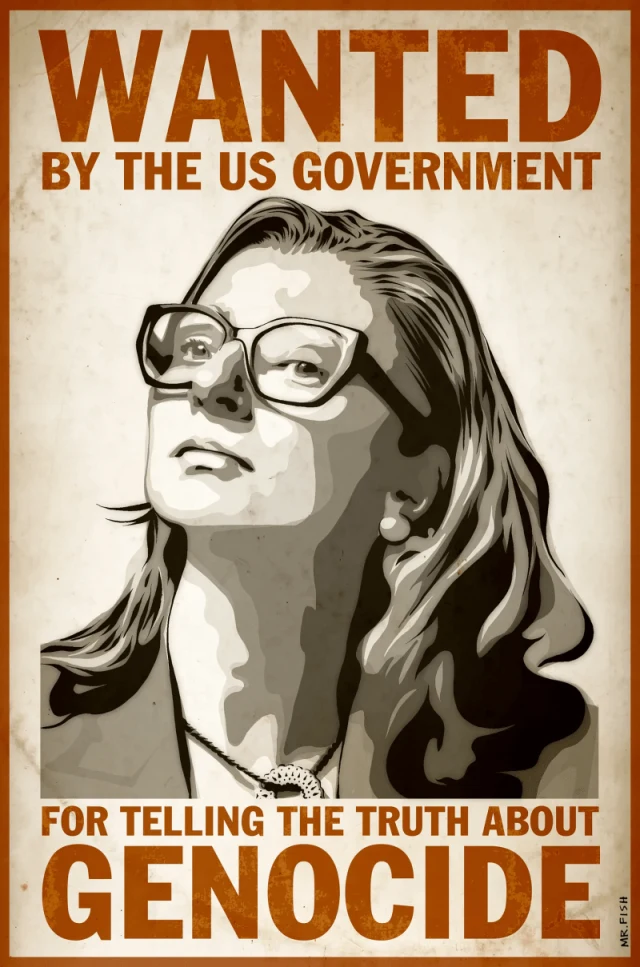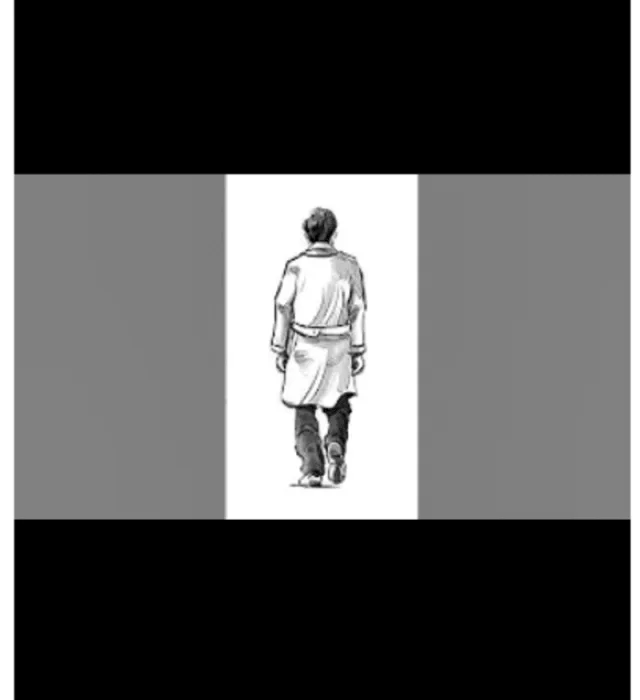ENGLISH
As I write this, Ireland is preparing for Storm Eowyn. I am thinking of my flight to Geneva, booked for Saturday morning, and hoping that I will make it there on time. I am a member of Irish HealthCare Workers for Palestine, and those of us who can, are going to Geneva to join healthcare workers from more than 100 organisations across the world, to stand in solidarity with our colleagues in Gaza. The White Tents Action will bring healthcare workers from more than 100 organisations across the world, to UN headquarters in Geneva, in a 5 day event calling for an end to the healthicide and genocide in Gaza. We will ask the UN to enforce a permanent ceasefire, to establish and protect a humanitarian corridor that allows aid to flow in unimpeded and sick and injured people to be evacuated, to protect healthcare workers and their patients, and to hold individuals and states accountable for violations of international law.
Irish HealthCare Workers for Palestine is an informal group of more than 400 healthcare workers in Ireland. It has evolved from a small group of doctors working in Paediatrics and Inclusion Health, who in October 2023 saw children being killed and hospitals being attacked and who came together to advocate for the protection of children and healthcare in Gaza. Members now include people from all health and social care disciplines, from students to people long retired. We came from different beginnings and different perspectives, but we all realise now that there is only one outcome that will restore health to the people of Palestine – freedom from occupation.
We have learned about the Nakba of 1948, when hundreds of thousands of Palestinian people were driven from their homes and their land, never to return. We have learned about life in Occupied Palestine, where women give birth on the road at an Israeli check-point, trying to get to a hospital, and where 800,000 Palestinian olive trees have been destroyed by inhabitants of illegal Israeli settlements.
We have learned about Israel’s history of killing Palestinian doctors – Dr Suleiman, a much respected friend of some Irish HCWs, and head of the Palestine Red Crescent Society Emergency Medical Services, who was shot and killed in Jenin in the West Bank on Mar. 4 2002. He was in an ambulance carrying an injured child when Israeli soldiers opened fire on it ‘because it was driving at speed’.
Dr Al-Khoudari, the director of a small hospital, died Mar. 8 the same year. He was shot dead by Israeli troops as he drove to a refugee camp near Bethlehem. Amnesty International (AI) said he had received permission from the local Israeli commander to pick up medical supplies at a hospital and was allowed to pass the first checkpoint. However, as he neared the camp an Israeli tank opened fire, killing him.
We have watched children being shot, and adults being shot as they tried to rescue them. We have watched our colleagues, grizzled surgeons who have spent years working in conflict zones and disaster areas, breaking down in tears as they describe what they witnessed in Gaza in the past year. A father, carrying his son in to the emergency dept – they had been walking down the road together, when the father felt his son’s hand ripped from his. He saw him lying face down in the dust 10m away, a bullet hole in his back, and then he saw a bullet hit him in the head. Still he carried his son to the hospital, and handed him into the care of the surgeon – who turned him over, and saw that all of the organs had been blown out of his chest. An Israeli sniper did that to a young child – and then shot him in the head.
We saw a young Canadian doctor describe a patient he saw in Gaza, who had a foot ulcer. This was a Palestinian doctor, who refused to leave his patients when the Israeli military ordered him to – so they forced him to strip naked, and stand for 2 days and 2 nights, defaecating and urinating where he stood; no food, no water, no insulin for his diabetes. After 2 days they allowed him to tend to his patients, who were all children – but they didn’t allow him to wash or dress first.
We saw Dr Hussam Abu Safiyah a Paediatrician and Medical Director of Kamal Adwan hospital, day after day, beg for help from the international community as his hospital was destroyed around him. We didn’t help, and we still aren’t helping him.
He has been abducted by the Israeli military, and in breach of international law he has been denied access to a lawyer, and the Red Cross are denied all access to Palestinian prisoners in Israel. This is a man who set up the first and only neonatal intensive care unit in northern Gaza, changing the lives of women with high-risk pregnancies and their babies. 3 months ago, the Israeli army attacked and laid siege to his hospital. They detained and interrogated all of the staff, then released Dr Abu Safiyah – but killed his beloved son Ibrahim. Dr Abu Safiyah received his own child’s body into the hospital, prayed for him, and then went back to work. In accordance with the Geneva Declaration, he stayed with his patients, doing his best, with grace and dignity, to care for them. Little food, few medical supplies, most of his staff abducted – still he stayed on.
On November 25th we got news that Dr Abu Safiyah had been injured. A quadcopter had flown into the hospital, and detonated a bomb in one of the wards. It sprayed tiny shards of metal everywhere – big and sharp enough to slice through human flesh, but small enough to be very difficult for a surgeon to find and remove – especially when there are lots of them and you have no x-ray or CT facilities because the Israeli military have blown them up, and the spare parts have been waiting at the border for 2 months and the Israeli border control won’t let them through. We held our breath, hoping that the Israelis would allow a surgical team from a hospital to the south to go to Kamal Adwan to treat him, or allow the World Health Organisation to send medical supplies including antibiotics in, so that he wouldn’t die from sepsis. While we waited, Dr Abu Safiyah got up from his hospital bed and hobbled around the wards on a crutch, dispensing reassurance and hope to the patients, holding his team together while they tried to provide care with no resources. The surgical team were not allowed in. The hospital was bombed while the WHO team were there. The oxygen supply was bombed again, the windows and doors were blown out so the cold winds and dust from rubble blew in. We saw photos of the view from the windows of Kamal Adwan hospital – rubble, burnt out buildings, armoured drones flying, huge crates of explosives marked ‘danger’ placed around the hospital. We looked out the windows of our own hospitals and saw green fields and misty rain and our cars waiting to take us home to family and comfort.
On December 27th, after 84 days of siege and attack, Dr Hussam Abu Safiyah was abducted by the Israeli army. He tried to negotiate with the attackers, to protect his patients – and the photograph of him walking through the rubble in his white coat towards a tank will stay with me for ever. The hospital was ordered to evacuate all staff and patients, and then set on fire. There are eyewitness reports of him having been stripped to his underwear in freezing temperatures that have resulted in the deaths of 7 newborn babies; of him being beaten with a wire, of him being seen in the infamous Sde Teinem prison in Israel, bloodied and bruised – but in breach of the Geneva convention, no-one really knows where he is. His family , who are already mourning the death of his son, are now terrified that the same fate awaits him as was suffered by Dr Adnan Al Bursh. Dr Al Bursh was an orthopaedic surgeon from Gaza, who was abducted and illegally detained by the Israeli military, and who died as a result of torture while in detention. Israel tortured Dr Al Bursh to death; as they did Dr Ziad Eldalou; and Dr Iyad Al-Rantisi.
We heard the voice of little Hind Rajab, phoning from a car surrounded by her dead family, as she spoke with the Palestinian Red Crescent Society dispatcher. We saw the photos of the car, destroyed by 335 rounds of ammunition from an Israeli tank. We saw the ambulance which had been promised safe passage by Israel, to go and rescue Hind, destroyed by the Israeli military and containing the dead bodies of the paramedics Yusuf al-Zeino and Ahmed al-Madoun. Hind’s body lay in the car for 12 days.
Israel has killed more than 1,000 healthcare workers in Gaza in the past 15 months, and abducted hundreds more. Israel has destroyed most of the hospitals, most of the ambulances, most of the Primary Care Centres in Gaza. Without health there is no hope, there is no future.
We are healthcare workers, and we believe in the right to health of all people. So does our government, and so do all of our professional bodies – or so they say. What are they doing to protect the health of the people of Palestine? What are they doing to ensure that international law is upheld?
We, the members of IHCW4P, act from the heart. We speak with many voices, as one. We are an entirely democratic, informal organisation, united by a common cause. We hold vigils and actions and marches. We mount email and phone campaigns and sign petitions. We join with other groups – mothers, artists, farmers, teachers. Someone has an idea, and we all support it in whatever way we can. I’m good with a megaphone, others are good with strategy, some brilliant at Social Media.
We go together to our professional bodies, saying to them ‘It is not partisan to call for an end to the slaughter of thousands of children – it is our ethical duty. It is not political to say that Israel must stop destroying hospitals – it is the law’.
We need to do this together, to shout that the Emperor is naked. Alone it is hard to keep believing that you can make a difference. Together we are strong.
It is not easy to do this – but it is necessary. We stood outside the Fianna Fáil Ard Fheis at 8:45am last Sunday, calling for the Occupied Teritories Bill to be passed. A passer-by shouted ‘Have you nothing better to be doing?’.
No, I do not. I am a doctor. I believe in Justice, Autonomy, Doing Good, Not Doing Harm – for all people. Gaza is the most dangerous place in the world for children, the most dangerous place in the world for healthcare workers. I will keep shouting Stop! Until they do.
ESPAÑOL
24 de enero de 2025
Angy Skuce (médica general, GP) explica cómo los horrores del genocidio israelí en Gaza han impulsado a los trabajadores sanitarios irlandeses a actuar.
Mientras escribo esto, Irlanda se prepara para la tormenta Eowyn. Pienso en mi vuelo a Ginebra, reservado para el sábado por la mañana, y espero llegar a tiempo. Soy miembro de Profesionales de la Sanidad Irlandeses por Palestina, y quienes podamos iremos a Ginebra para unirnos a trabajadores sanitarios de más de 100 organizaciones de todo el mundo y solidarizarnos con nuestros colegas en Gaza.
La Acción de las Tiendas Blancas reunirá a trabajadores sanitarios de más de 100 organizaciones de todo el mundo en la sede de la ONU en Ginebra, en un encuentro de cinco días para exigir el fin del sanicidio y el genocidio en Gaza.
Pediremos a la ONU que aplique un alto el fuego permanente, que establezca y proteja un corredor humanitario que permita el flujo de ayuda sin obstáculos y la evacuación de las personas enfermas y heridas, que proteja al personal sanitario y a sus pacientes, y que exija responsabilidades a las personas y a los Estados por las violaciones del derecho internacional.
Profesionales de la Sanidad Irlandeses por Palestina es un grupo informal de más de 400 profesionales sanitarios en Irlanda. Surgió de un pequeño grupo de médicos de Pediatría y Salud Inclusiva que, en octubre de 2023, presenciaron la muerte de niños y los ataques a hospitales, y que se unieron para defender la protección de la infancia y la atención sanitaria en Gaza.
Actualmente, entre sus miembros se incluyen personas de todas las disciplinas sanitarias y sociales, desde estudiantes hasta jubilados. Provenimos de diferentes orígenes y perspectivas, pero ahora todos comprendemos que solo hay un resultado que restaurará la salud del pueblo palestino: la liberación de la ocupación.
Hemos aprendido sobre la Nakba de 1948, cuando cientos de miles de palestinos fueron expulsados de sus hogares y sus tierras para no regresar jamás.
Hemos aprendido sobre la vida en la Palestina ocupada, donde las mujeres dan a luz en la carretera, en un puesto de control israelí, mientras intentan llegar a un hospital, y donde 800.000 olivos palestinos han sido destruidos por habitantes de asentamientos ilegales israelíes.
Hemos aprendido sobre el historial de Israel en el asesinato de médicos palestinos: el Dr. Suleiman, un amigo muy respetado de algunos trabajadores sanitarios irlandeses y jefe de los Servicios Médicos de Emergencia de la Media Luna Roja Palestina, fue asesinado a tiros en Yenín, Cisjordania, el 4 de marzo de 2002. Iba en una ambulancia que transportaba a un niño herido cuando soldados israelíes abrieron fuego contra ella "porque circulaba a exceso de velocidad".
El Dr. Al-Khoudari, director de un pequeño hospital, falleció el 8 de marzo de ese mismo año. Fue abatido a tiros por tropas israelíes mientras se dirigía a un campo de refugiados cerca de Belén. Amnistía Internacional (AI) afirmó que había recibido permiso del comandante israelí local para recoger suministros médicos en un hospital y que se le permitió pasar el primer puesto de control. Sin embargo, al acercarse al campamento, un tanque israelí abrió fuego y lo mató.
Hemos visto cómo disparaban a niños y a adultos mientras intentaban rescatarlos.
Hemos visto a nuestros colegas, cirujanos veteranos que llevan años trabajando en zonas de conflicto y desastre, romper a llorar al describir lo que presenciaron en Gaza el año pasado. Un padre llevaba a su hijo a urgencias; habían estado caminando juntos por la calle cuando sintió que le arrancaban la mano. Lo vio tendido boca abajo en el polvo a 10 metros de distancia, con un agujero de bala en la espalda, y luego vio que una bala le impactaba en la cabeza. Aun así, llevó a su hijo al hospital y lo entregó al cirujano, quien le dio la vuelta y vio que todos los órganos habían sido arrancados del pecho. Un francotirador israelí hizo lo mismo con un niño pequeño y luego le disparó en la cabeza.
Vimos a un joven médico canadiense describir a un paciente que vio en Gaza, que tenía una úlcera en el pie. Se trataba de un médico palestino que se negó a dejar a sus pacientes cuando el ejército israelí se lo ordenó. Lo obligaron a desnudarse y a permanecer de pie durante dos días y dos noches, defecando y orinando donde estaba; sin comida, agua ni insulina para su diabetes. Después de dos días, le permitieron atender a sus pacientes, todos niños, pero no le permitieron lavarse ni vestirse primero.
Vimos al Dr. Hussam Abu Safiyah, pediatra y director médico del hospital Kamal Adwan, implorar día tras día la ayuda de la comunidad internacional mientras su hospital era destruido a su alrededor. No lo ayudamos y seguimos sin ayudarlo. Ha sido secuestrado por el ejército israelí y, en violación del derecho internacional, se le ha negado el acceso a un abogado, y a la Cruz Roja se le niega todo acceso a los prisioneros palestinos en Israel. Este es un hombre que estableció la primera y única unidad de cuidados intensivos neonatales en el norte de Gaza, cambiando la vida de mujeres con embarazos de alto riesgo y la de sus bebés. Hace tres meses, el ejército israelí atacó y sitió su hospital.
Hace tres meses, el ejército israelí atacó y sitió su hospital. Detuvieron e interrogaron a todo el personal y luego liberaron al Dr. Abu Safiyah, pero asesinaron a su amado hijo Ibrahim.
El Dr. Abu Safiyah recibió el cuerpo de su hijo en el hospital, oró por él y luego regresó a trabajar. De acuerdo con la Declaración de Ginebra, permaneció con sus pacientes, haciendo todo lo posible, con prudencia y dignidad, por cuidarlos. Con poca comida, escasos suministros médicos y la mayoría de su personal secuestrado, siguió trabajando.
El 25 de noviembre recibimos la noticia de que el Dr. Abu Safiyah había resultado herido. Un cuadricóptero había llegado al hospital y detonado una bomba en una de las salas. Salpicaba diminutos fragmentos de metal por todas partes: tan grandes y afilados como para cortar carne humana, pero tan pequeños que eran muy difíciles de encontrar y extraer para un cirujano, sobre todo cuando hay muchos y no hay instalaciones de rayos X ni tomografías computarizadas porque el ejército israelí los ha volado por los aires, y las piezas de repuesto llevan dos meses esperando en la frontera y el control fronterizo israelí no las deja pasar. Conteníamos la respiración, esperando que los israelíes permitieran que un equipo quirúrgico de un hospital del sur fuera a Kamal Adwan para tratarlo, o que la Organización Mundial de la Salud enviara suministros médicos, incluidos antibióticos, para que no muriera de sepsis.
Mientras esperábamos, el Dr. Abu Safiyah se levantó de su cama de hospital y recorrió las salas con una muleta, infundiendo confianza y esperanza a los pacientes, manteniendo unido a su equipo mientras intentaban brindar atención sin recursos. No se permitió la entrada al equipo quirúrgico. El hospital fue bombardeado mientras el equipo de la OMS estaba allí. El suministro de oxígeno fue bombardeado de nuevo, las ventanas y puertas volaron, dejando entrar el viento frío y el polvo de los escombros.
Vimos fotos de la vista desde las ventanas del hospital Kamal Adwan: escombros, edificios quemados, drones blindados volando, enormes cajas de explosivos con la leyenda "Peligro" colocadas alrededor del hospital. Miramos por las ventanas de nuestros propios hospitales y vimos campos verdes, lluvia ligera y nuestros coches esperando para llevarnos a casa con nuestras familias y consuelo.
El 27 de diciembre, tras 84 días de asedio y ataque, el Dr. Hussam Abu Safiyah fue secuestrado por el ejército israelí. Intentó negociar con los atacantes para proteger a sus pacientes, y la foto de él caminando entre los escombros con su bata blanca hacia un tanque permanecerá en mi memoria para siempre. Se ordenó al hospital evacuar a todo el personal y los pacientes, y luego se le prendió fuego. Hay testimonios de testigos presenciales que lo desnudaron hasta quedar en ropa interior a temperaturas gélidas, lo que provocó la muerte de siete recién nacidos. De cómo lo golpearon con un alambre, de cómo lo vieron en la infame prisión de Sde Teinem en Israel, ensangrentado y con hematomas, pero en violación de la Convención de Ginebra, nadie sabe realmente dónde está.
Su familia, que ya llora la muerte de su hijo, teme ahora que le espere el mismo destino que al Dr. Adnan Al Bursh. El Dr. Al Bursh, cirujano ortopédico de Gaza, fue secuestrado y detenido ilegalmente por el ejército israelí, y murió como resultado de torturas durante su detención. Israel torturó al Dr. Al Bursh hasta la muerte; al igual que al Dr. Ziad Eldalou; y al Dr. Iyad Al-Rantisi.
Oímos la voz de la pequeña Hind Rajab, llamando desde un coche rodeada de su familia muerta, mientras hablaba con el operador de la Media Luna Roja Palestina. Vimos las fotos del coche, destruido por 335 balas de un tanque israelí. Vimos la ambulancia, a la que Israel le había prometido un salvoconducto para rescatar a Hind, destruida por el ejército israelí (contenía los cadáveres de los paramédicos Yusuf al-Zeino y Ahmed al-Madoun). El cuerpo de Hind permaneció en el coche durante 12 días.
Israel ha asesinado a más de 1.000 profesionales sanitarios en Gaza en los últimos 15 meses y ha secuestrado a cientos más. Ha destruido la mayoría de los hospitales, la mayoría de las ambulancias y la mayoría de los centros de atención primaria de Gaza.
Sin salud no hay esperanza, no hay futuro. Somos profesionales sanitarios y creemos en el derecho a la salud de todas las personas. Nuestro gobierno también lo cree, y también todos nuestros organismos profesionales, o eso dicen.
¿Qué están haciendo para proteger la salud del pueblo palestino? ¿Qué están haciendo para garantizar el respeto del derecho internacional?
Nosotros, los miembros de IHCW4P, actuamos con el corazón. Hablamos con muchas voces, como una sola. Somos una organización totalmente democrática e informal, unida por una causa común. Organizamos vigilias, acciones y marchas. Organizamos campañas por correo electrónico y teléfono, y firmamos peticiones. Nos unimos a otros grupos: madres, artistas, agricultores, docentes.
Alguien tiene una idea y todos la apoyamos en todo lo que podemos.
Soy buena con el megáfono, otros son buenos con la estrategia, algunos son brillantes en las redes sociales.
Acudimos juntos a nuestros organismos profesionales y les decimos: «No es partidista pedir el fin de la masacre de miles de niños; es nuestro deber ético. No es político decir que Israel debe dejar de destruir hospitales; es la ley».
Necesitamos hacerlo juntos, gritar que el Emperador está desnudo.
Solos es difícil seguir creyendo que se puede marcar la diferencia. Juntos somos fuertes. No es fácil hacerlo, pero es necesario.
Nos paramos frente al Fianna Fáil Ard Fheis a las 8:45 de la mañana del domingo pasado, exigiendo la aprobación del Proyecto de Ley de Territorios Ocupados. Un transeúnte gritó: «¿No tienen nada mejor que hacer?».
No, no lo tengo.
Soy médica. Creo en la justicia, la autonomía, hacer el bien, no hacer daño, para todas las personas.
Gaza es el lugar más peligroso del mundo para los niños, el lugar más peligroso del mundo para el personal sanitario. Seguiré gritando: «¡Alto!» hasta que lo hagan.


